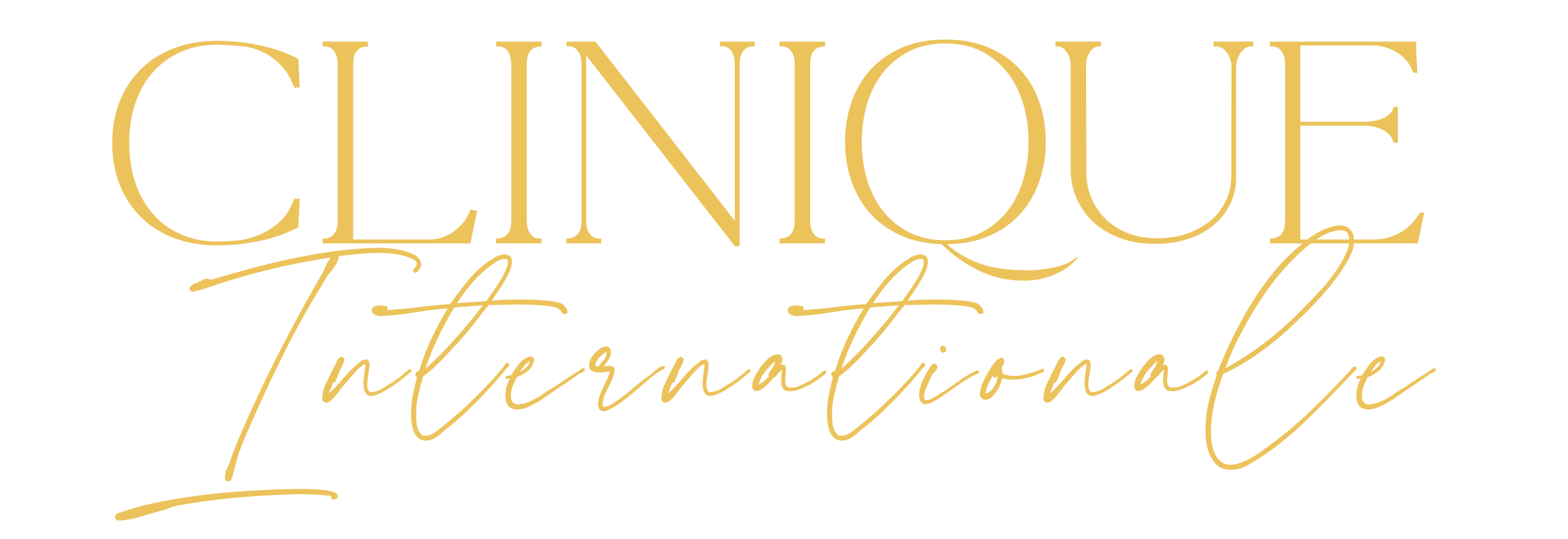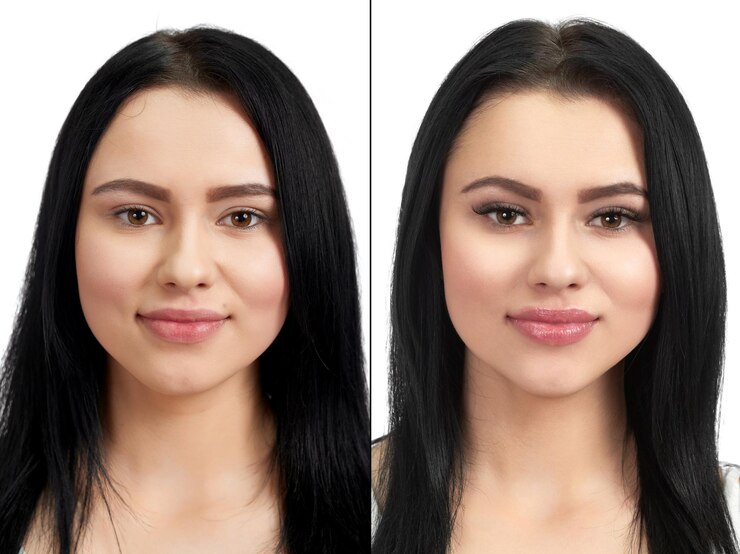
Follow Pre-Operative Instructions
Before your rhinoplasty, your surgeon will provide specific instructions to prepare you for the surgery. It’s crucial to follow these guidelines closely. This may include avoiding certain medications, such as blood thinners, and refraining from alcohol or smoking. Preparing your body in advance can lead to a smoother recovery and decrease the likelihood of complications.
Plan for Aftercare
One of the best things you can do for your recovery is to plan for aftercare. Arrange for someone to help you for the first few days post-surgery. This person can assist with daily tasks, prepare meals, and provide emotional support. Having a solid support system will help you focus on healing.
Keep Your Head Elevated
After rhinoplasty, it’s vital to keep your head elevated, especially during the first week. This can help reduce swelling and promote circulation. Use extra pillows while sleeping or consider sleeping in a reclined position. Elevating your head will not only minimize swelling but also enhance your comfort during the initial healing phase.
Manage Swelling and Bruising
Swelling and bruising are common after rhinoplasty, but there are several ways to manage these symptoms. Applying cold compresses to your nose and the surrounding areas can help alleviate swelling. Be careful to follow your surgeon’s instructions on how and when to use cold compresses, as overuse can lead to frostbite. Additionally, staying hydrated and following a healthy diet can aid in reducing inflammation.
Stay Hydrated and Nourished
Proper nutrition is key during your recovery. Eating a balanced diet rich in vitamins and minerals can significantly impact your healing process. Focus on consuming fruits, vegetables, lean proteins, and whole grains. Staying hydrated is equally important. Water helps flush out toxins and promotes healing, so aim to drink plenty of fluids, particularly in the days following your surgery.
Avoid Strenuous Activities
Your body needs time to heal after surgery, so it’s crucial to avoid strenuous activities for at least two weeks. This includes exercise, heavy lifting, and any activities that can elevate your heart rate. Strenuous activities can increase blood flow to your nose, potentially leading to complications or prolonged swelling. Listen to your body and take it easy.
Follow Post-Operative Instructions
Your surgeon will provide specific post-operative care instructions, which may include how to care for your incisions when to take prescribed medications, and follow-up appointments. Adhering to these instructions is essential for a smooth recovery. If you have any questions or concerns, do not hesitate to reach out to your surgeon’s office.
Be Gentle with Your Nose
During the first few weeks after surgery, it’s crucial to avoid touching or manipulating your nose. Be mindful when brushing your teeth or applying skincare products. You should also avoid wearing glasses for at least a few weeks, as the pressure from the frames can affect the healing process. Instead, consider using contact lenses during your recovery.
Be Patient with the Healing Process
Healing takes time, and it’s essential to have realistic expectations regarding your recovery. Swelling and bruising will gradually subside, but it can take several weeks to months to see the final results. Be patient and trust the process. If you find yourself feeling anxious or frustrated, consider discussing your feelings with your surgeon or a trusted friend.
Attend Follow-Up Appointments
Regular follow-up appointments with your surgeon are vital to monitor your healing progress. These appointments allow your surgeon to assess your recovery, remove any splints or stitches, and address any concerns you may have. Staying committed to these appointments is an important part of ensuring the best possible outcome from your surgery.
Stay Positive and Relaxed
A positive mindset can significantly influence your recovery process. Engage in activities that help you relax and keep your mind off the surgery, such as reading, watching movies, or meditating. Surround yourself with supportive friends and family, and communicate openly about your feelings. Remember, the recovery journey is temporary, and soon you’ll be able to enjoy the results of your rhinoplasty.

